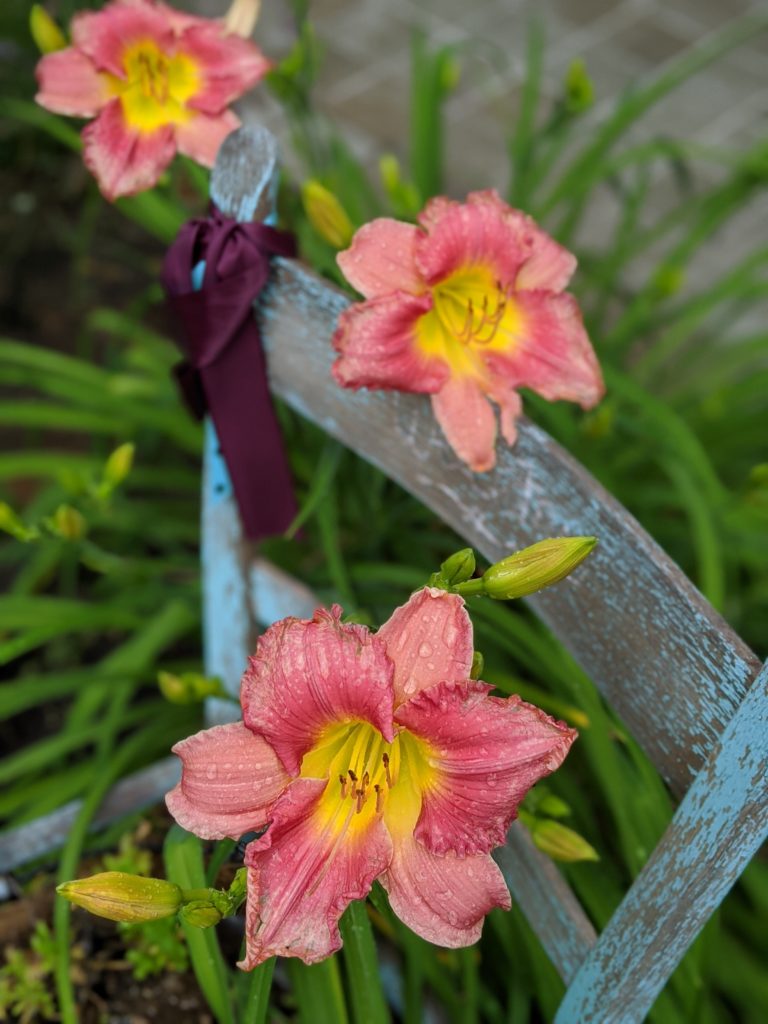
The months of great discomfort continue on. I find no peace in my heart and no peace on earth.
A drop of clarity came this morning, as I read more of “Me and White Supremacy” by Layla F. Saad. In this secular book, written by a Muslim woman, I find the traps I’ve fallen into. Oh, Lord, there are so many ways I have looked at you and your world through lenses prescribed to me by people who knew you not.
I continue to work on wiping them away.
I wondered in June, as people started to crowd back into spaces, if it were really so unbearable to sit with yourself at home that you would endanger yourself and others for a meal or a trip, even for a church service. I know we build our lives around these rituals and events. I miss them too.
And I know it has been almost unbearable. Sitting with myself the last few months, I have grown increasingly angry. Part of this is the writing. I work on poems, two short stories, and a novel that have bloomed forth from my own experiences, and I grow so weary of revisiting the traumas of my past. The way I was given a barbed cross to flagellate myself by those who will contort their own to fit into any shape that will give them power. The way they told me to beware of false prophets blasting through movies and music while they kneel before wolves. The way they wrapped blessing around success and sold it to me so that every failure felt like judgment. The way they tell you to give your life to God but continue to play puppet master over your decisions.
At first, I tried to give the anger to God, sometimes still believing him to be a bit of a genie: take this anger and grant me a wish for peace. I have found, though, that he won’t take everything like they said he would.
I take to the image of the Peaceable Kingdom from Isaiah 11, often, as a way to grasp onto hope. It has just dawned on me that the lamb, the goat, the calf are expected to do nothing. They have no power there. The wolf, the leopard, and the lion? They have the power to not eat the innocent, the small, the young. The strong, in humility, must stop eating the weak.
I’m angry because the powerful keep eating. I’m angrier at those powerful who keep eating and say its their blessing. I look at my skin, scarred from the chewing some wolves have done, and I rage.
But then, there’s the wolves who pretend they can’t possibly be wolves…
When I come to scripture these days, I try to purposely recast myself in the places I typically have not. Not – would I ignore the broken and beaten man on the side of the road, but would I, beaten and broken, accept help from the one I despise. As a Roman citizen, what would I think of Jesus? As a pharisee trying my best, how could I not fear him? Who am I not accepting help from? How am I fearing Jesus and his threats to what I think are right and good?
So, what sheep am I continuing to eat? What power do I hold onto?
In this quiet and lonely and disappointing discomfort, I’ve found myself in sackcloth and ashes, repenting for so much. This new-to-me holy repenting that peels away those false lenses and brings God into clearer focus is so much better than the fearful, terrifying, ticket-to-heaven repentance I punched for so long. It’s holy and purifying because the love is already there; I just have to accept it.
I look at my covetous heart and grieve. I look at my complacency over systemic white supremacy and grieve. I look at the things I kept looking away from when I was comfortable. I look at all these sheep, torn apart. “Are you going to love people or not,” I ask myself. “There’s no half way.”
Help me lay what power I have down, I pray.
I’ve thought relentlessly about this image from Isaiah 26 since it appeared in a prayer from Pray as You Go last week: We were pregnant, we writhed, but we gave birth to wind (26:18). This year, I have found so much of what we thought was solid and life-giving was just wind. And wind can be so destructive. It can disperse so much. I repent.
Without all this anger and discomfort, would I have made it here? Would this have surfaced, could I have ran away and into routine? Would I have seen the futility and danger of all this wind?
We think God can transform all things to good, but what if he has no space for my anger? What if he said, “Oh, that’s yours alone, and you have some work to do. When you are ready to quit writhing about on the ground laboring over the wind; when you are ready to stop skulking through the fields licking your lips at opportunity; when, in weeks or months or maybe even years, you’re ready to forgive yourself and others, I will be here, having already done it.”